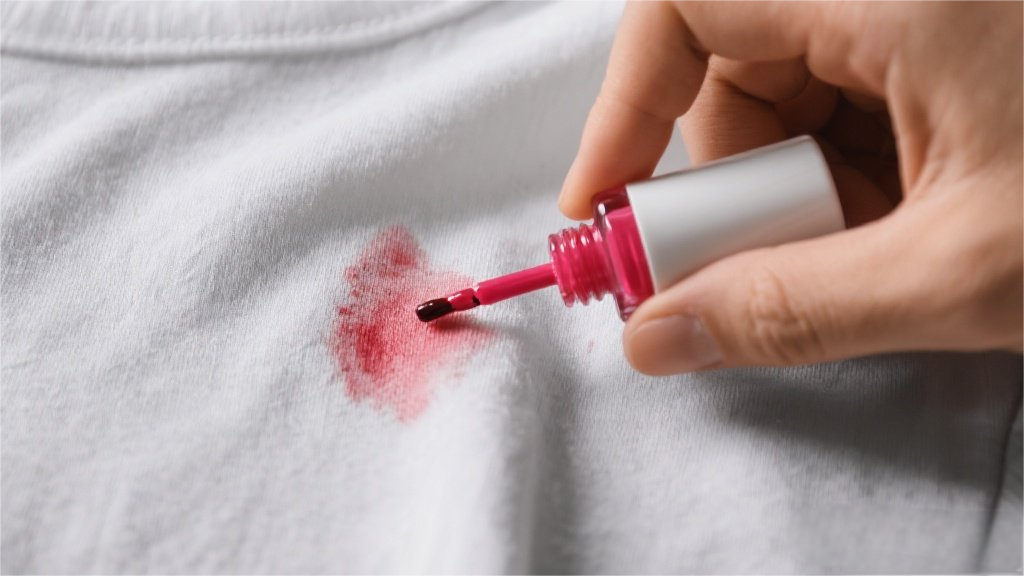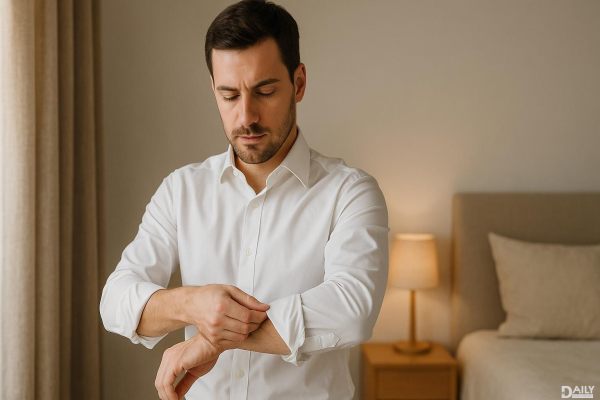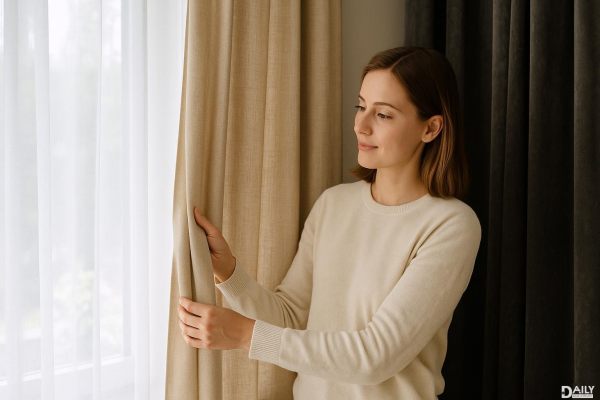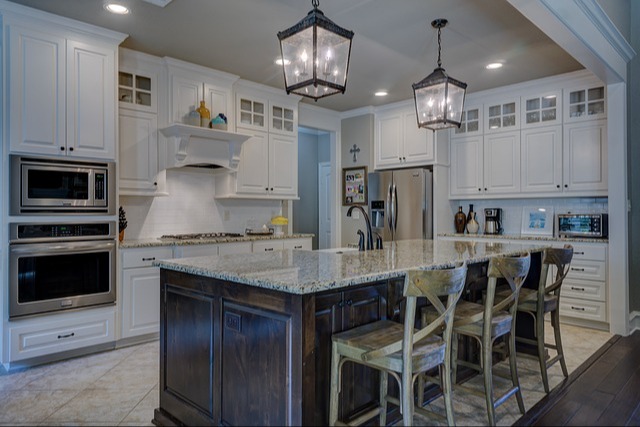If you're lying in bed staring at the ceiling at 2 AM, wondering why sleep feels like a distant memory, you're not alone. The struggle to fall asleep quickly is real—especially when anxiety, depression, or PTSD decide to throw a late-night party in your brain. But after years of trial, error, and a whole lot of research, I've cracked the code on faster, deeper sleep. These aren't just random tips—they're battle-tested strategies that transformed me from a chronic insomniac into someone who actually looks forward to bedtime.
The Power of Dim Lighting
Bright lights are basically your brain's version of a double espresso—they signal wakefulness when you're trying to wind down. I used to blast my apartment with harsh overhead lighting until I learned about circadian rhythms. Now, I switch to warm, dim lamps or candles (battery-operated if you're accident-prone like me) about two hours before bed. This simple shift mimics sunset, triggering melatonin production naturally. Bonus: It creates a cozy vibe that makes nighttime feel more relaxing than stressful.
Herbal Tea: Nature's Sleep Aid
Chamomile isn't just for British grandmothers—this floral powerhouse contains apigenin, a compound that binds to GABA receptors similarly to anti-anxiety meds (but without the next-day grogginess). I brew a cup with a teaspoon of raw honey about 90 minutes before bed—the slight blood sugar spike actually helps tryptophan cross the blood-brain barrier. Other winners: valerian root (smells like dirty socks but works wonders) and passionflower, which studies show improves sleep quality in people with anxiety disorders. Pro tip: Add a dash of cinnamon to stabilize blood sugar overnight.
The Bedroom Sanctuary Rule
Here's the hard truth: If you're scrolling through emails or watching Netflix in bed, you're training your brain to associate your mattress with alertness. I instituted a strict "bed is for sleep and sex only" policy—no laptops, no phones, no work documents. It felt weird at first, but within weeks, simply climbing under the covers became a subconscious sleep trigger. For those who live in studio apartments, try designating a specific chair or corner for work to create physical separation.
The Temperature Sweet Spot
Ever notice you sleep terribly in overheated hotel rooms? Science confirms we sleep best in slightly cool environments (around 65°F/18°C). I used to crank the heat until I learned our core body temperature needs to drop about 2-3 degrees to initiate sleep. Now I lower the thermostat at night and use breathable bamboo sheets. If you're a hot sleeper, try sticking your feet out from under the covers—it sounds silly, but this "thermoregulatory window" helps dissipate heat quickly.
The Wind-Down Routine
Your brain craves predictability. I created a 45-minute pre-sleep ritual that signals "shutdown mode": gentle yoga stretches (forward folds activate the parasympathetic nervous system), followed by journaling to dump anxious thoughts onto paper, then reading fiction under that warm lamp light. The key is consistency—doing the same sequence nightly programs your body clock. Even on rough mental health days, this routine provides comforting structure when everything else feels chaotic.
Strategic Caffeine Management
As a former all-day coffee drinker, this one hurt: Caffeine has a half-life of 5-6 hours, meaning that 3 PM latte could still be 25% active at midnight. I moved my last cup to before 10 AM and noticed deeper sleep within days. For afternoon slumps, I now opt for matcha (contains L-theanine to balance caffeine) or chicory root "coffee." Hydration matters too—I aim to finish most fluids by 8 PM to minimize disruptive bathroom trips.
The 20-Minute Reset Rule
When insomnia strikes, lying there frustrated only fuels the cycle. If I'm not asleep within 20 minutes, I move to the couch and do something mindless (knitting, adult coloring books) under low light until drowsy. This prevents the bed from becoming an anxiety trigger zone. The key is avoiding anything stimulating—no checking the clock, no stressful conversations. Just quiet activities until sleepiness naturally returns.
Implementing these changes didn't happen overnight (pun intended), but the cumulative effect has been life-changing. Some nights still challenge me, especially during high-stress periods, but now I have an arsenal of tools to course-correct. Remember—good sleep isn't about perfection. It's about creating conditions where rest can find you more easily. Sweet dreams.
























